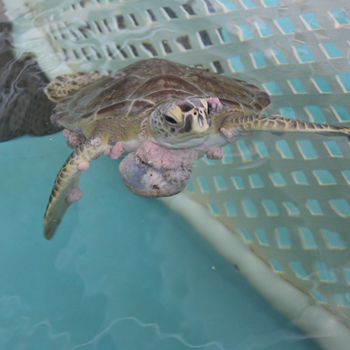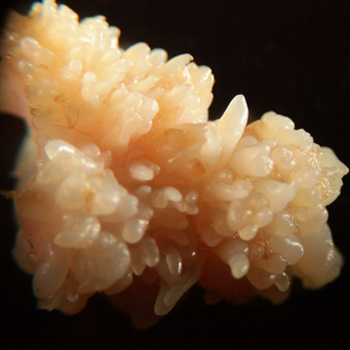DAVID DUFFY, PH.D.

David Duffy, Ph.D.
Assistant Professor of Wildlife Disease Genomics
Rising Star Condron Family Endowed Assistant Professor
Dr. David Duffy obtained a B.A. in natural sciences from Trinity College Dublin, Ireland. He earned his Ph.D. in zoology from the National University of Ireland, Galway, and held postdoctoral and research fellow positions at University College Dublin’s Systems Biology Ireland, the University of Florida’s Whitney Laboratory and Bangor University’s Environment Centre Wales. He started his own lab at the University of Limerick, Ireland, and he recently moved to the Whitney Laboratory as an Assistant Professor of Wildlife Disease Genomics.
Email: duffy@whitney.ufl.edu
UF News Story: Sea Turtle Conservation Gets Boost from New DNA Detection Method
New ways to collect sea turtle DNA from the environment can help scientists track the health and whereabouts of these animals and support their conservation.
A study led by University of Florida researchers is the first to sequence environmental DNA, or eDNA, from sea turtles — genetic material shed as they travel over beaches and in water. “We wanted to test the boundaries of this technology, which hadn't really been applied to sea turtles before and certainly not on sand,” said David Duffy, UF Whitney Laboratory Assistant Professor of Wildlife Disease Genomics and Rising Star Condron Family Endowed Assistant Professor.

Research Program
The Duffy Lab focuses on questions at the interface between wildlife and human health, with the aim of identifying disease mechanisms and novel therapeutic treatments. We are primarily focused on cancer, particularly on understanding fibropapillomatosis in endangered sea turtles. Fibropapillomatosis is a global disease epizootic (animal epidemic) that is hampering marine turtle conservation. We investigate the environmentally and virally induced genetic changes driving sea turtle fibropapillomatosis. Leveraging Whitney’s state-of-the-art Sea Turtle Hospital and laboratory facilities, we apply genomic, molecular and imaging techniques, as well as One Health and precision medicine approaches to sea turtle disease.

Current Projects
Current projects in the lab examine a range of topics, including mutations in tumor genomes, the cellular signaling events driving fibropapillomatosis, environmental DNA-based detection of sea turtles and their pathogens, the health implications of marine debris ingestion in young turtles, and examining the role of viruses in fibropapillomatosis tumor formation.
